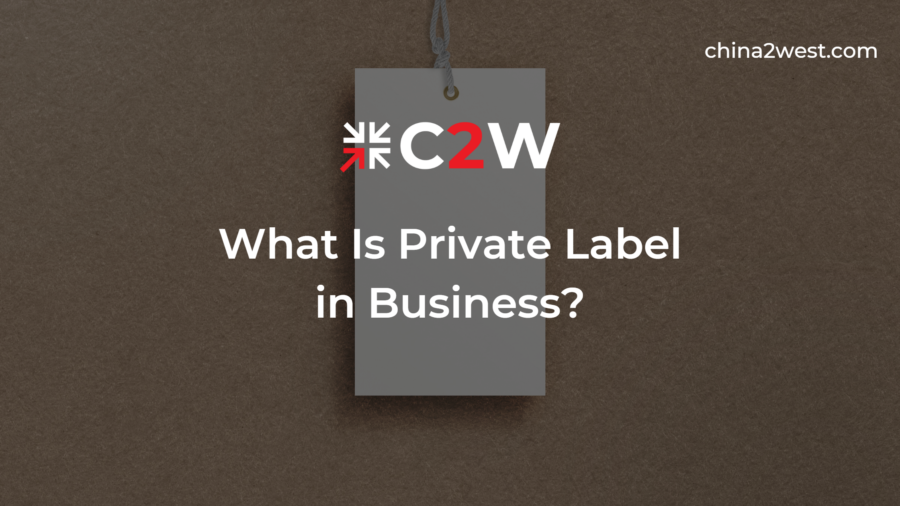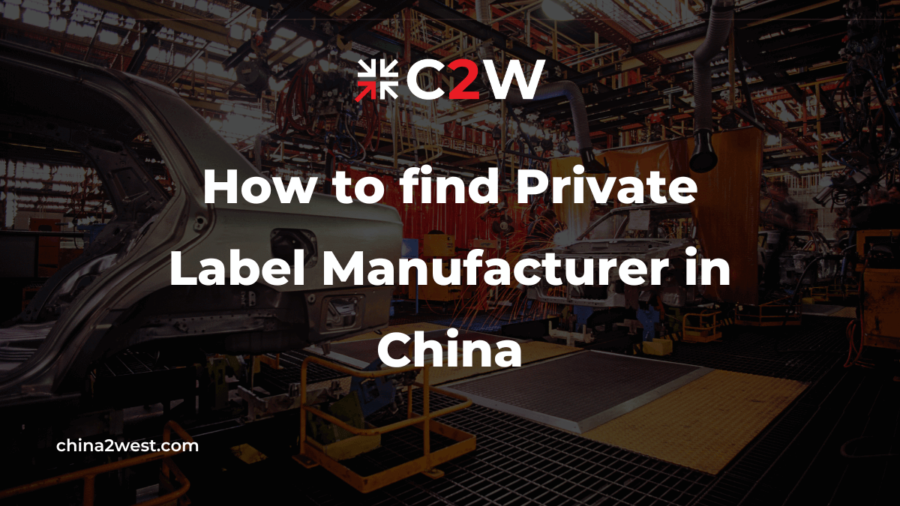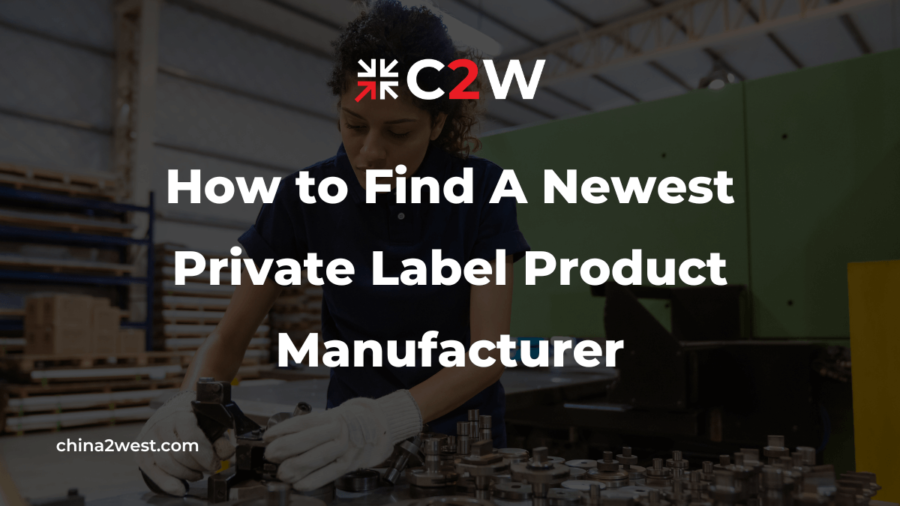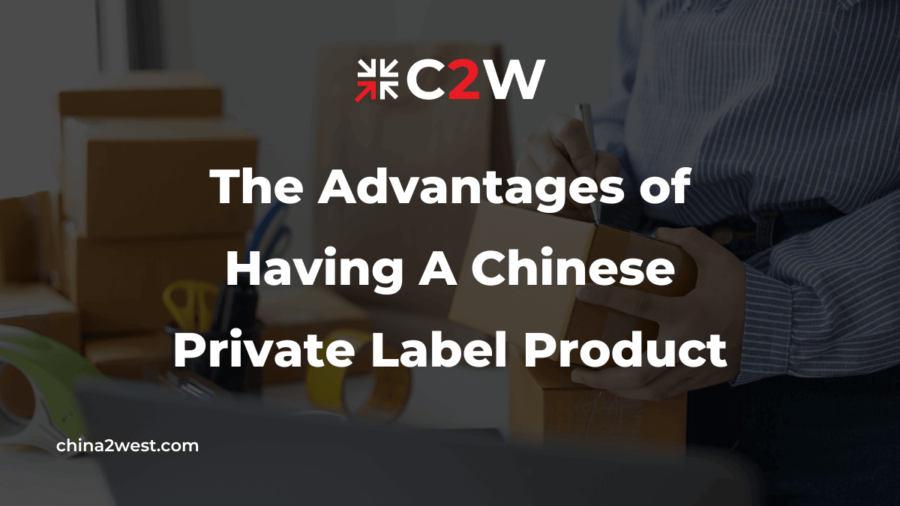In a recent survey, 40% of people said that the most significant change they had made recently to their shopping habits was to try new private label products. Yet, not everyone knows about private label product development.
If you’re reading this article, you’re among the people asking the following questions: What is private label? And how is it used in business?
To keep it simple, a private label refers to a product created by a third-party manufacturing partner and sold under the retailer’s brand name.
This is great for businesses as it gives them more control over the manufacturing process and allows them to sell higher volumes of products.
Keep reading to discover more about private label and how they can be applied to your products.
What Is Private Label?
People often get confused between white and private labels in the business world. The main difference between these terms is that a private label product is sold exclusively through one retailer, whereas a white label product is sold to several retailers who control the item’s brand and price.
With a private label, you work with a product supplier through China sourcing or other methods.
The third-party oversees everything from the product’s specs, packaging, and everything else until the product arrives at your business.
This is a standard manufacturing method in eCommerce, but many retailers can use private label products. For example, here is a list of the most common private label categories:
- Beverages
- Cosmetics
- Paper products
- Dairy items
- Frozen foods
You can also use private label products in other areas; these are only a few examples.
Benefits of Private Label Product Development
Depending on the size of your company and your goals, private label production can help you have more control over your brand and save time by outsourcing the manufacturing process.
Therefore, the first advantage of private label products for business is that you have more agency over the production and how your brand is represented.
Production Control
When you choose to work with a third-party manufacturer, you can give specific instructions and outlines for the process. This means you can change small details or make suggestions for improvements.
As the product will be sold under the brand’s name, you can make it the best it can be without losing your individual style. The last thing you want is a product that is not conveying your brand message.
So, if you don’t like the color, you can change it or alter a design element when discussing it with your manufacturer. That way, you’ll end up with a final product you’re proud of.
Better Adaptability
Traditionally, retailers had to rely on suppliers to keep up with market trends and ensure that they were in touch with product demand. This is important for your brand to stay relevant to your target audience.
Otherwise, your products could fall behind the crowd and become outdated. Even though suppliers adapt to the increase in demand and change in consumer interest, it can be a slow, long process.
With private label products, you can instantly adapt to your target market without waiting until a supplier approves or catches up to a trend. All you have to do is call your manufacturer and make a change.
This allows you to be constantly up-to-date and relevant to your target audience so you don’t lose money with a product that won’t sell.
Flexibility With Pricing
The cost of products will determine how much you have left in your budget and future business plans, so you need to ensure that you have a sustainable approach to pricing.
Thankfully, with a private label product, you can decide the cost of production and set certain prices to ensure your business is profitable.
Ideally, you want to strike a balance between quality and quantity, but when you rely on a supplier, it can be tricky to keep a high standard. When you make private label products, there’s complete transparency.
If you need to cut costs, you can talk with your manufacturer. Likewise, if your business thrives, you can increase product development and invest more in materials.
By working with a private label manufacturer, you have the opportunity to downsize or upsize when necessary.
Branding Input
Your brand is the best way to build a loyal community of supporters, which will keep your business thriving for years. Therefore, when your brand is associated with a product, it’s a chance to showcase your individual style.
A private label product is great for making your stamp on an item without the hassle of manufacturing everything from start to finish. However, you can still have input in the branding details and design.
The only downside to private label products is that you can depend on a manufacturer. If your manufacturer takes a holiday or is overbooked, you might have to look elsewhere.
However, this can be easily managed when you find the right product development team to work with. For instance, our team is happy to help you manufacture high-quality products at affordable prices.
Whether you’re an online or offline retailer, you can make the most of private label products to boost manufacturing efficiency and have more control over brand design.
And, when you choose to work with us, you’ll be guaranteed excellent communication so you can follow along at every step.
So, if you run into any issues, you can talk with us even if you have more questions about ‘what is private label?’.
Then, we can find a solution together.
The Best Manufacturing for Business
Even though private label products differ from typical supplier production, they can benefit your company and brand.
Firstly, you have more control over the whole production phase. Secondly, you can alter prices depending on your budget and the business’s success. And finally, you can ensure your product is relevant and exciting.
So, now you know all the answers to ‘what is private label?’ to make an informed decision.
The advantages are great for growing a small business or expanding an existing company. So, the next step is reaching out to our team.
You can find us here.




